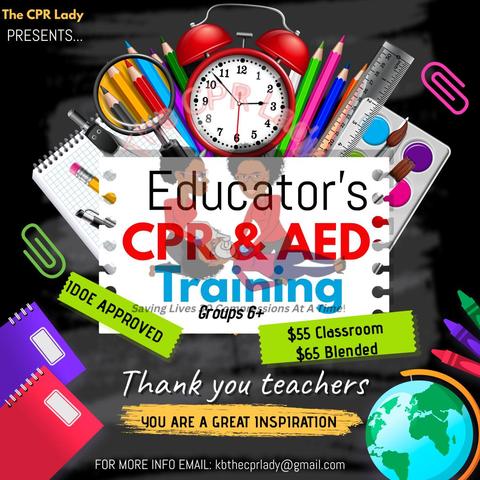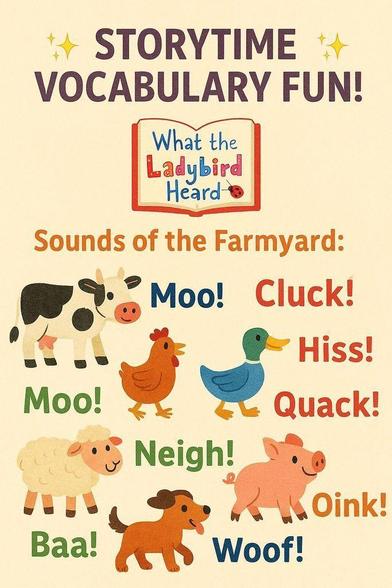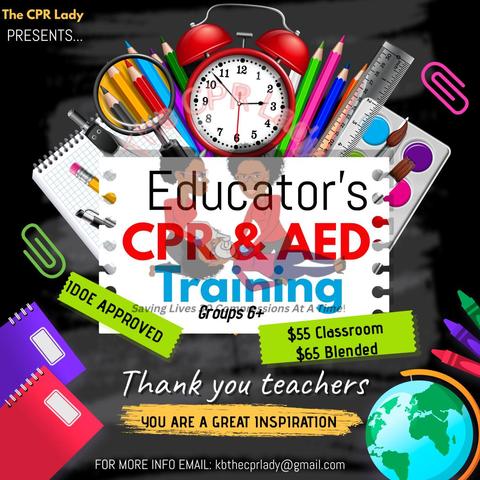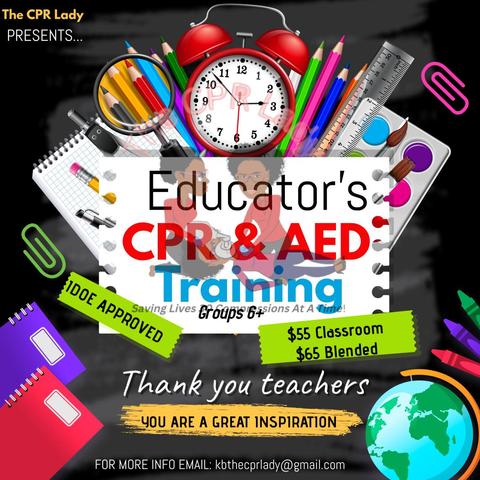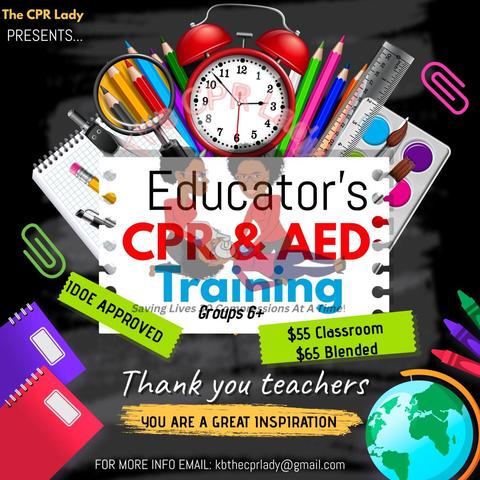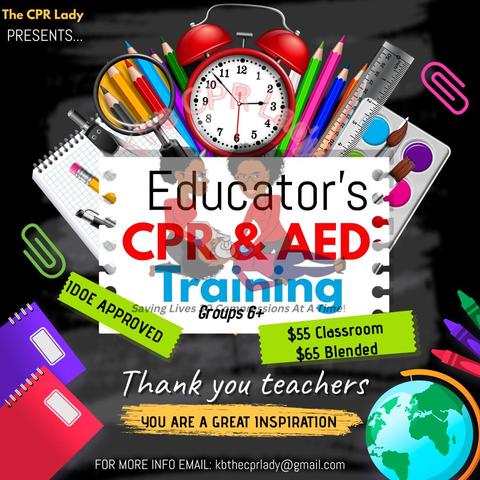@futurebird Since we’re talking about flipping coins, and odds, I’d like to share a fun challenge I gave one of my classes many years ago (it’s getting to the point that any teaching story is many years ago 😢).
I gave them a grid of, I think, 10 x 10 = 100 squares and told them I wanted them to take the sheet home and do one of two things:
Either
1. Flip a coin 100 times and record H or T as appropriate, in order, on the grid.
or
2. Fake it, just fill in the squares with H’s or T’s, but try to make it look like you flipped a coin.
I think I told them in advance that when they brought the sheets back, I would be able to tell who faked it and who actually flipped the coins.
Okay, memory is fuzzy on actual numbers, but there were something like 25 sheets turned in, around 1/3 faked. I successfully identified the genuine and fake attempts for 23 of the sheets, and misidentified one of each.
Not bad, eh? All I did was look for long runs of either H or T, like four or five in a row. If the sheet had one, I judged it genuine, if it didn’t, I judged it a fake. When people think they are simulating a random process, long runs of one result are seen as more improbable than they actually are.
I wish I could remember what the actual lesson connection was - I wasn't a math teacher at the time 😄
#Probability #ITeach #Math
